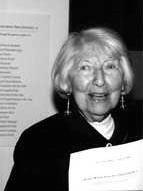
Anne Jackson
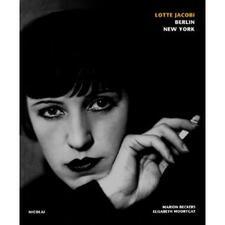
Lotte Jacobi
After leaving Nazi Germany in 1935, Lotte Jacobi became a renowned photographer in New York as she captured intimate portraits of prominent Americans such as Robert Frost, Eleanor Roosevelt, and Paul Robeson. Jacobi was highly interested in politics and an active delegate to the Democratic National Convention. She was known for engaging her subjects in rich conversation as she photographed them.
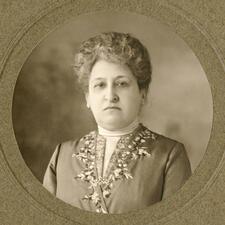
Aletta Henriette Jacobs
A pioneer in many realms—birth control, women’s suffrage, peace activism, and envisioning a wider future for women—Aletta Henriette Jacobs began her career as the Netherland’s first women physician in 1879. She went on to participate in many women’s rights conferences and was a staunch anti-war activist, traveling to the Hague and the United States to advocate her position.
Dore Jacobs
Dore Jacobs developed her own pedagogy, which viewed physical education as a holistic project, out of which came her own unique method of gymnastics. In 1923 she founded her School for Physical Education and Rhythmic Development; she was also a founding member of the German socialist organization called the Bund-Gemeinschaft für Sozialistisches Leben.
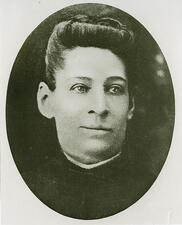
Frances Wisebart Jacobs
Francis Wisebart Jacobs helped transform the fledgling state of Colorado through her organization of charities and hospitals.
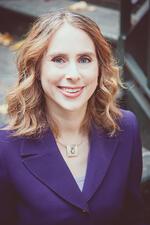
Jill Jacobs

Rose Gell Jacobs
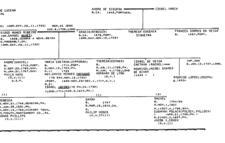
Zipporah Nunes Machado Jacobs
Zipporah Nunes was born a Conversa in Portugal circa 1710. After escaping to London to avoid being re-examined by the Inquisition, her family began practicing Judaism openly; later she became one of the first Jews to settle in the newly formed colony of Georgia in 1733.
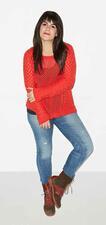
Abbi Jacobson
Anna Jacobson
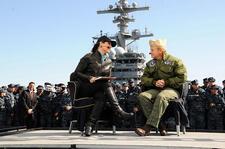
Dana Jacobson
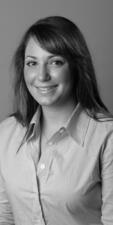
Emily Jacobson
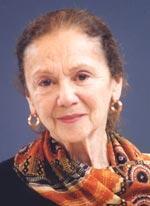
Irina Jacobson
Janie Jacobson
Combining her Jewish background with her skill and penchant for writing, Janie Jacobson succeeded as a biblical playwright in the early twentieth century. The children’s plays she authored were performed nationally. In addition to being an accomplished writer, she was a talented musician and involved in Jewish social activism.
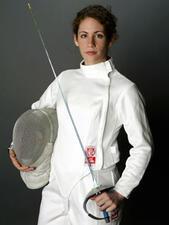
Sada Jacobson
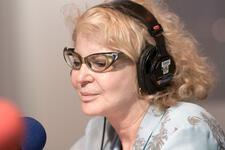
Paula Jacques
Paula Jacques (b. 1949) is a French radio hostess and a novelist. Her works, which feature memorable female protagonists, most often portray the French-speaking Jewish community of Egypt prior to their expulsion at the time of the Suez crisis.
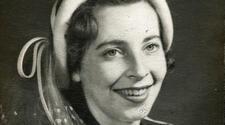
Jean Jaffe
Rona Jaffe
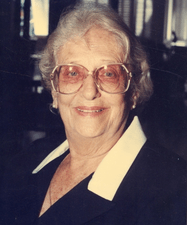
Janet Jagan
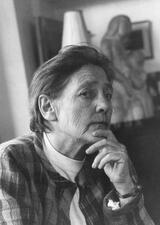
Marie Jahoda
Marie Jahoda was a major figure in social psychology, known for her work on the effects of unemployment on emotional well-being, as well as the social impact of McCarthy-era blacklisting. Jahoda received an award for distinguished contributions to the public interest from the American Psychological Association in 1979.
Ira Jan
Ira Jan, a painter and writer, was the first Hebrew artist in pre-State Palestine. Born in Kishinev, Jan graduated from the Moscow Art Academy and traveled Europe before immigrating to Palestine in 1908. Known for her love affair with Chaim Nachman Bialik, she immigrated to Jerusalem in 1908, engaging in painting and teaching and publishing her stories in a number of periodicals in Palestine.
Geneviève Janssen-Pevtschin
Geneviève Janssen-Pevtschin was an accomplished lawyer, magistrate, and human rights activist in Belgium. She was active in resistance movements during World War II and is remembered for her passion, respect for human liberty, and dignity.
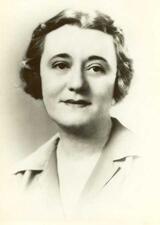
Laura Margolis Jarblum
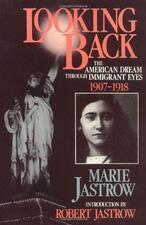
Marie Grunfeld Jastrow
Author of two critically acclaimed books on immigrant life, Marie Grunfeld Jastrow was educated in a German school, and lived in Serbia before moving to New York with her family at age ten. Her two memoirs, A Time to Remember: Growing Up in New York Before the Great War and Looking Back: The American Dream through Immigrant Eyes, touched audiences deeply.



